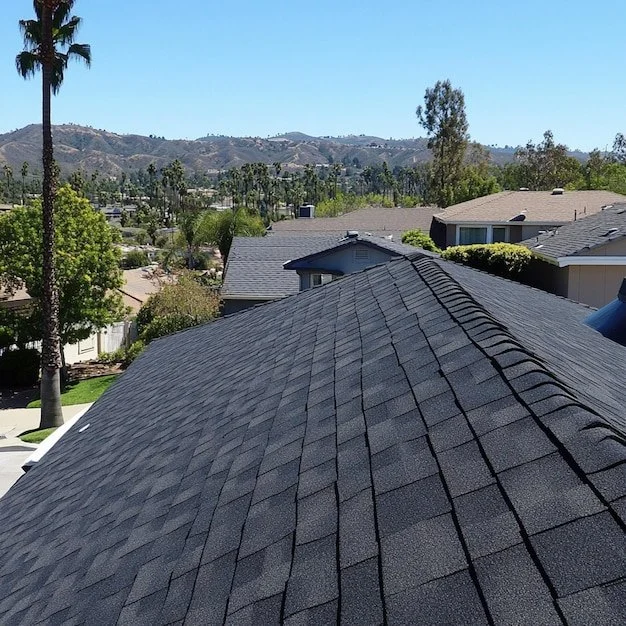
The Average Lifespan of Asphalt Shingle Roofs
- 1 - Understanding Asphalt Shingle Roofs
- 2 - Factors Affecting the Lifespan of Asphalt Shingle Roofs
- 3 - How to Maintain Your Asphalt Shingle Roof
- 4 - Signs Your Asphalt Shingle Roof Needs Replacement
- 5 - Why Choose Total Roofing Hub
Asphalt shingle roofs are a popular choice for homeowners due to their affordability and durability. However, like all roofing materials, they have a limited lifespan. Understanding the factors that affect their longevity and how to care for them can help you extend their life and avoid costly repairs. In this article, we'll explore the average lifespan of asphalt shingle roofs and offer tips on maintaining your roof for optimal performance.
1 - Understanding Asphalt Shingle Roofs
Asphalt shingle roofs are made from a base material, such as fiberglass or organic matting, that’s coated with asphalt and granules. These roofs come in a variety of styles and colors, with the most common being three-tab shingles and architectural shingles. While three-tab shingles are the most affordable, architectural shingles offer more durability and aesthetic appeal.
Asphalt shingles are designed to withstand various weather conditions, including rain, wind, and moderate hail. Their popularity is due to their balance of cost, durability, and ease of installation. However, like any roofing material, they will degrade over time due to exposure to the elements.

Shear Contractors and Son, LLC
SchenectadySchenectady CountyNew York
1317 Lower Broadway, Schenectady, NY 12306, USA
2 - Factors Affecting the Lifespan of Asphalt Shingle Roofs
The average lifespan of asphalt shingle roofs typically ranges from 15 to 30 years, depending on several key factors:
Material Quality
Higher-quality asphalt shingles, such as architectural shingles, tend to last longer than standard three-tab shingles. Architectural shingles are thicker, which provides better protection against wind and weather, often extending their lifespan by several years. The quality of the materials used in your roof installation can make a significant difference in its longevity.
Climate Conditions
The climate in your region plays a significant role in the lifespan of your asphalt shingle roof. Homes in areas with extreme heat, cold, or high humidity will see faster wear and tear on their roofs. For example, prolonged exposure to intense UV rays from the sun can cause the shingles to degrade, while regions with heavy snowfall and ice can lead to the formation of ice dams that cause shingles to crack or loosen.
Maintenance
Proper maintenance is crucial for extending the life of your asphalt shingle roof. Regularly inspecting your roof for damage, cleaning gutters, and addressing small issues promptly can help prevent major problems from developing. Maintaining proper ventilation in your attic can also prevent moisture buildup, which can damage your shingles over time.
Installation
The quality of the installation is a key factor in the longevity of your roof. A poorly installed roof may have issues such as improperly placed shingles or inadequate sealing, which can lead to premature wear. Always hire a reputable contractor with experience in installing asphalt shingle roofs to ensure the job is done right.
3 - How to Maintain Your Asphalt Shingle Roof
Maintaining your asphalt shingle roof is essential to prolonging its lifespan. Here are some tips to keep your roof in great shape:
Regular Inspections
Perform regular roof inspections to catch any signs of damage early. Look for cracked, curling, or missing shingles, which can lead to leaks and water damage. Pay attention to your attic for signs of moisture, as this can indicate that your roof is no longer effectively protecting your home.
Clean Your Gutters
Clogged gutters can lead to water backup, which can cause shingles to warp or become dislodged. Clean your gutters regularly to ensure that water flows off your roof properly and prevents water damage to the shingles and underlying layers.
Trim Trees Near Your Roof
Overhanging branches can scrape against your shingles during high winds, causing wear and tear. Trim any trees that are near your roof to prevent branches from damaging the shingles or creating debris that could lead to blockages in your gutters.
4 - Signs Your Asphalt Shingle Roof Needs Replacement
Even with proper maintenance, asphalt shingle roofs will eventually need to be replaced. Here are some signs to watch for:
Age of the Roof
If your asphalt shingle roof is more than 20 years old, it’s likely time to start planning for a replacement. Even if you haven’t noticed major issues, shingles degrade over time, and older roofs are more susceptible to damage from weather and wear.
Increased Energy Bills
As your roof ages, it may lose its ability to insulate your home properly. This can result in higher heating and cooling costs. If you notice an increase in your energy bills, it may be time to consider replacing your roof to improve your home’s energy efficiency.
Visible Damage
Look for visible signs of damage such as curling, cracking, or missing shingles. If you notice significant damage across a large portion of your roof, it’s likely time to replace it. Roof leaks or water stains on your ceilings are also signs that your roof needs immediate attention.
5 - Why Choose Total Roofing Hub
If you’re considering replacing your asphalt shingle roof or need expert advice on maintaining your current roof, Total Roofing Hub is here to help. We offer comprehensive roofing services, including inspections, repairs, and full roof replacements. Our experienced team will help you choose the best materials and provide reliable installation to ensure the longevity of your roof.
Visit Total Roofing Hub today to learn more about how we can help you maintain or replace your asphalt shingle roof with confidence and peace of mind.


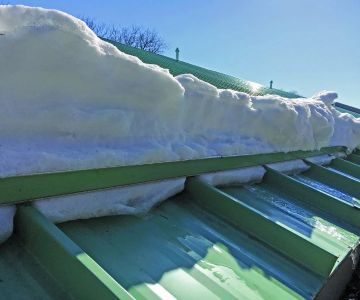
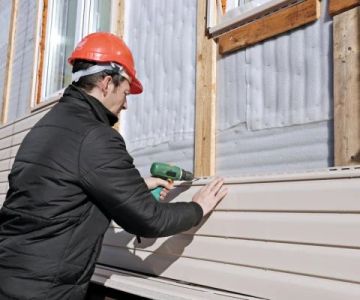
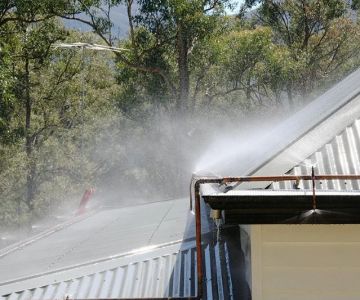
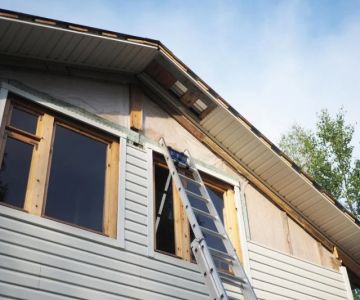
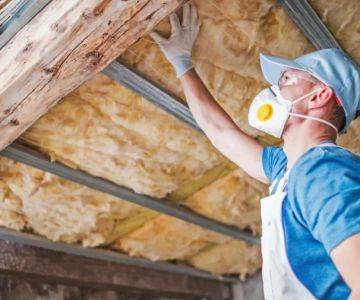
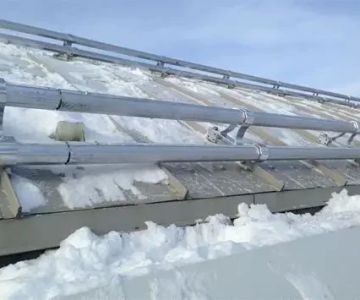
 Marc Joseph remodeling5.0 (1 reviews)
Marc Joseph remodeling5.0 (1 reviews) PRS Roofing Inc5.0 (9 reviews)
PRS Roofing Inc5.0 (9 reviews) KAPS CONSTRUCTION4.0 (5 reviews)
KAPS CONSTRUCTION4.0 (5 reviews) Marshall Exteriors, LLC4.0 (213 reviews)
Marshall Exteriors, LLC4.0 (213 reviews) S.W.A.T. Roofing & Consulting4.0 (46 reviews)
S.W.A.T. Roofing & Consulting4.0 (46 reviews) MATFI RENOVATIONS LLC5.0 (23 reviews)
MATFI RENOVATIONS LLC5.0 (23 reviews) Siding Material Fire Ratings: What’s Required & What to Choose
Siding Material Fire Ratings: What’s Required & What to Choose Roof Talk: Common Terminology Every Homeowner Should Know
Roof Talk: Common Terminology Every Homeowner Should Know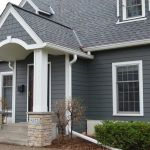 How Often Should You Replace Your Home's Siding? Expert Tips on Siding Longevity
How Often Should You Replace Your Home's Siding? Expert Tips on Siding Longevity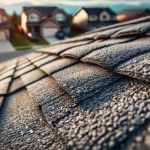 The Average Lifespan of Asphalt Shingle Roofs: How Long Do They Last?
The Average Lifespan of Asphalt Shingle Roofs: How Long Do They Last?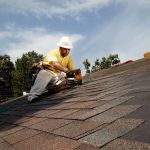 How to Choose a Reliable Roofing Contractor Near You | Top Tips and Questions
How to Choose a Reliable Roofing Contractor Near You | Top Tips and Questions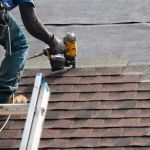 Should I Repair or Replace My Roof? – Expert Guide for U.S. Homeowners
Should I Repair or Replace My Roof? – Expert Guide for U.S. Homeowners